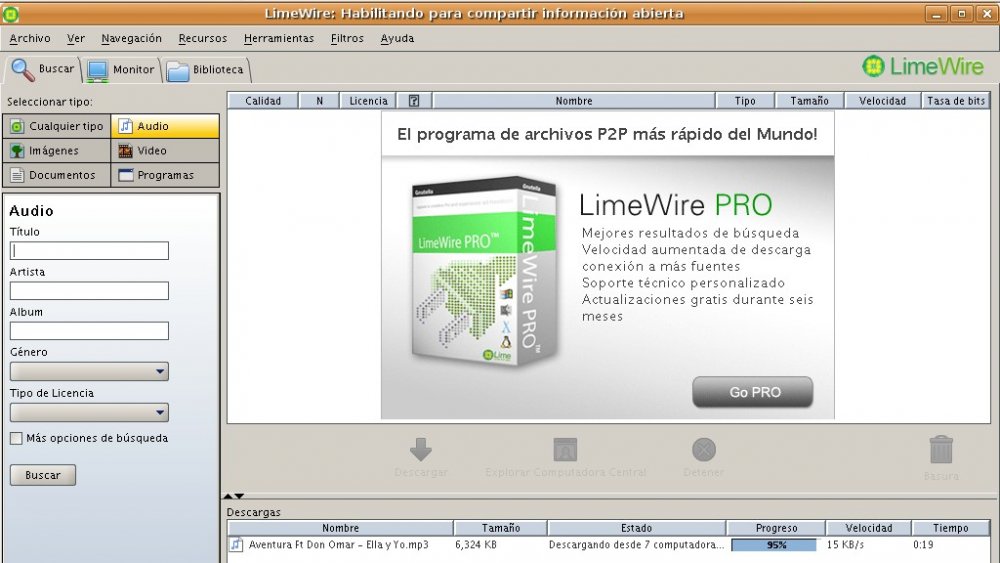The Untold Truth Of LimeWire
Back in the 2000s, streaming music was still in its infancy, so internet-savvy teenagers and early adopter adults started using MP3 players that needed to be loaded with songs. This was the perfect moment for LimeWire — a peer-to-peer network where people shared files like music and movies — to be born. LimeWire was the Spotify of its era, and owes much of its popularity to the death of Napster.
LimeWire began in 2000 out of a plan to participate in the Gnutella peer-to-peer network, according to Mel Magazine. LimeWire wasn't trying to replace Napster, or focus solely on music, but rather, the developers hoped to build a faster peer-to-peer experience. LimeWire was open-sourced, however, so people started to share music, movies ... and yes, adult materials. By 2005, it had about 1.7 million users. By 2006, four million people downloaded files from it. During this time, people wanted to download songs, not necessarily entire albums, so going on LimeWire was always cheaper than having to buy an entire album with that one song you like. Vice writes that LimeWire introduced a world where anyone can listen to the music they like, whenever they like ... or, well, be dragged into an internet rabbit hole, trying to figure out if a file was genuinely a Radiohead song and not a virus.
Unlike Napster, LimeWire lasted for five years. But it wouldn't last long.
The music industry fights back
LimeWire was so popular that the music industry began losing money. At some point, it was responsible for 80% of all illegally downloaded music in the US, per CBS News. Record labels and the Recording Industry Association of America (RIAA) sued LimeWire, with the RIAA even demanding $75 trillion in damages, says Law.com. Their contention is that by operating a file-sharing platform, LimeWire was infringing on their copyright. In 2010, LimeWire lost its battle with the RIAA. It settled with the record labels and paid out $105 million to the companies, according to Mel Magazine. The court also ordered LimeWire's file-sharing system to be shut down, reports Reuters.
That said, LimeWire employees had meanwhile been working on a music subscription service called GrapeVine, which would've essentially allowed users to listen and download music on a tiered plan, a precursor of sorts to today's streaming services like Spotify and Pandora. However, with the court's decision, GrapeVine was also shut down. LimeWire founder Mark Gorton told the New York Times he thought record labels would work with him in GrapeVine, but life didn't go that way.
In the end, though, LimeWire helped build today's world, wherein people find the things they love and enjoy them wherever they were. It paved the way for Spotify, for Youtube, and even Netflix. And while it's now gone, it will live on forever in the memory of nostalgic millennials.

